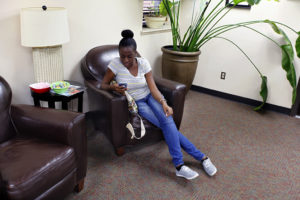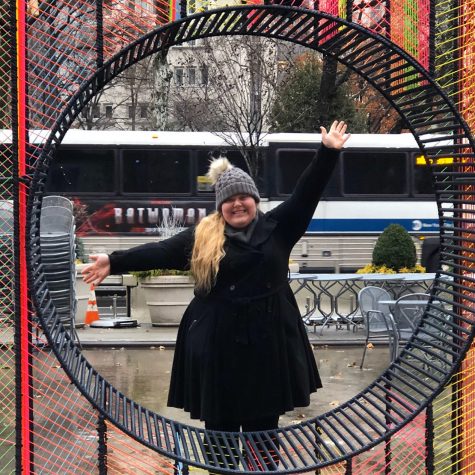
To create new Tutor and Academic Support Programs, administration dissolved the Mustangs Advising Center to create unified departments and increase student success through established in-house advisers for departments starting Sept. 1.
“The Mustangs Advising Center wasn’t working, and if our advising model isn’t ultimately leading students towards returning and graduating and increasing that number, then we have to find another solution,” Kristen Garrison, associate vice president of undergraduate education and assessment, said. “There was a collective sense that what the Mustang Advising Center was supposed to achieve didn’t work on our campus, so the people in charge started to look at alternative models.”
The Tutor and Academic Support Programs will continue to provide students the means of tutoring, advice and provide supplemental instruction along with college connections and skills for success much like the Academic Success Center.
“The Mustang Advising Center was sound in principle and was a solid idea, but every institution has it’s own little culture, and it wasn’t working for us,” Garrison said. “Every campus should have a tutoring center, and tutoring will be one of the top priorities of the Tutor and Academic Support Programs.”
The advisers in the former Mustangs Advising Center have been assigned to work within a specific college to guide their majors through that process, and Garrison said they are “still using their skills and connections with students that are so strong,” but now just focused in one directed area.
Although the Mustangs Advising Center will no longer be an actual center, Dottie Westbrook, coordinator and academic counselor, said the change shouldn’t “spook” any students because of how close the campus administration works together for the students.
“This will give us a better opportunity to coordinate with the different departments and majors, so we can find out first hand if any changes are occurring,” Westbrook said. “Although we work with the different departments, we are seen as separate. We will seem a little more unified as a department now that we will be in the building of the department we are representing.”
The plan for the Tutor and Academic Support Programs isn’t “set in stone,” Garrison said, because as time passes, student development determines if administration should reevaluate the model for success on campus.
According to Westbrook, the transition will make advisers more conveniently available for students.
“I hope this will allow for a more personal atmosphere for students because the advisers will be right there in the buildings,” Westbrook said. “Communication is vital in these next stages, so we really need let students know where to locate us, but [the advisers] won’t really be doing anything different from what we are already doing.”
Interaction with faculty and students makes students feel more confident, Westbrook said, and because the campus coordination is so integrated, students can ask any office about advising and will be directed to the appropriate area.
“One of our best attributes is that we can very quickly scoop up a student and make him or her part of a community,” Garrison said. “If I come to campus and I walk into a building for my major and am automatically taken to my adviser or faculty member, that strengthens connections between the student and our campus. We think it will connect students to an academic community more quickly.”
Corrections
In a previous version of the article, we incorrectly identified that the Academic Success Center was being dissolved, not the Mustangs Advising Center, and tutoring programs are not new to the university as the title previously stated. We also misidentified the TASP as not being a center, when it was the MAC. We apologize for the issue as we strive to be as accurate and fair as possible.















